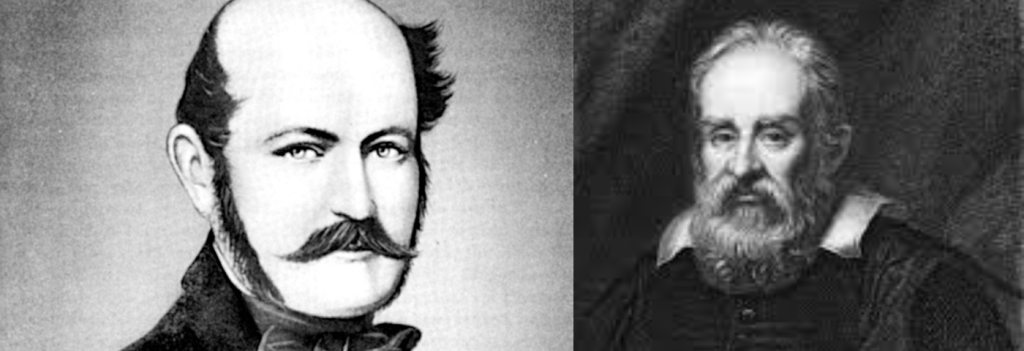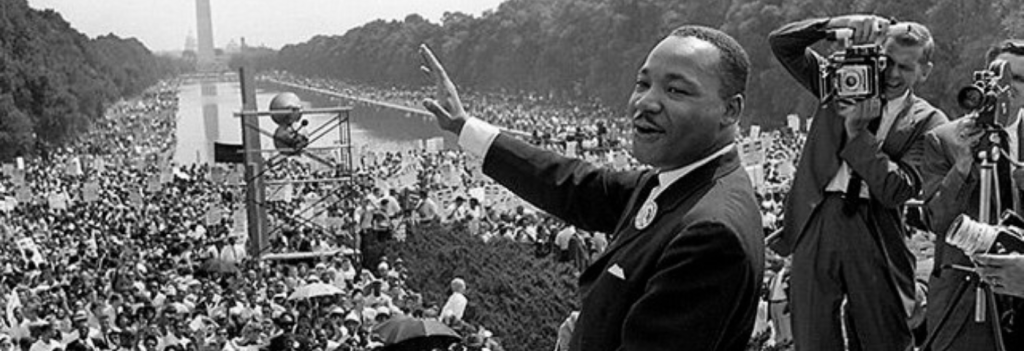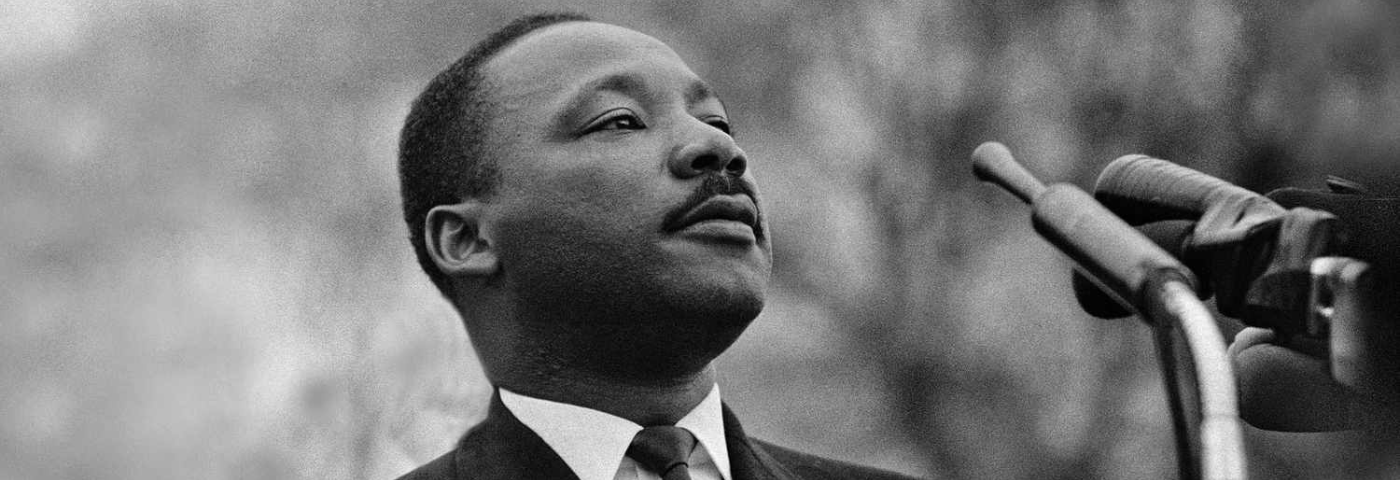Soldiers have fought and died to secure this freedom.
It has become clear that freedom of speech can be a costly endeavour depending on the location and the content of the speech. Speaking freely can result in imprisonment or even execution. Although soldiers have fought and died to secure this freedom, there are individuals in Australia who are currently attempting to take it away.

The concept of free speech has a troubled history, as exemplified by Ignaz Semmelweis. Semmelweis challenged the medical wisdom of his time, believing that new mothers were dying of disease caused by doctors who were delivering babies without washing their hands after conducting autopsies on dead bodies. By forcing doctors to wash their hands with chlorinated lime, he was able to slash the mortality rate in his ward. Despite his success, the medical establishment rejected his ideas, and his career suffered as a result. He died in an insane asylum at the age of 47, widely despised and thought to be ill-tempered, tactless, intolerant, and superlatively offensive.
However, Semmelweis was ultimately proven to be right, and the establishment was wrong. The historical list of individuals who were initially ridiculed for their unconventional beliefs but later proved to be right includes figures such as Socrates, Galileo, Martin Luther King, and many others. These people stood up in defiance against the conventional wisdom of their time, using courageous speech to shape the world and make it a better place.

Freedom of speech is vital to progress, but it can also be offensive. In attempting to make speech less offensive, we often create more problems than we solve. For example, vilification and hate speech laws seek to stop people from saying things that could offend others, but they often lead to investigations and legal action against individuals who express legitimate opinions.
While it is true that some speech can be genuinely offensive, we should question whether we want to give anyone the power to decide what others can and cannot say. In Australia, for example, certain individuals have been barred from speaking on certain subjects because others did not like their opinion. The legal framework already exists for people to go to jail for what they say, which is a concerning development in a free and liberal democracy.

In conclusion, freedom of speech is a fundamental right that should be protected. While it can be costly and offensive, it is also essential for progress and should not be restricted without careful consideration of the consequences.

